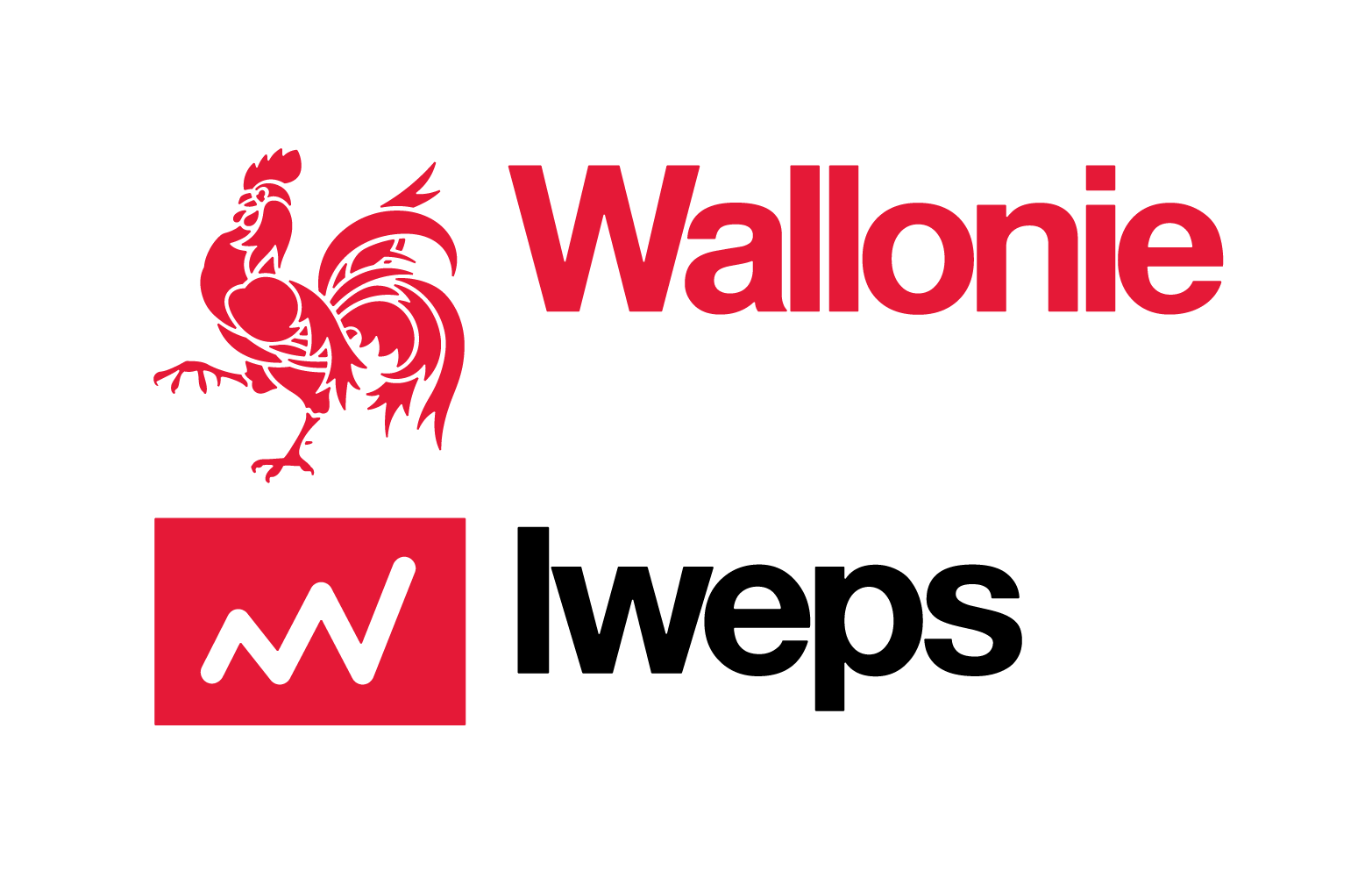
Will the ecological transition be digital?
Events
Futurama N°5 - IWEPS Foresight Webinar.
- Dates
- Le 25 mars 2021 de 14:00 à 16:30
- Price
- Gratuit
- Organizer(s)

- Practices of circularityNeed help with filters?
Event details
Critical perspectives on the promises of the "Third Industrial Revolution".
In 2019, the European Commission adopted the "Green Deal". It sets the framework for a transformation of the European economy towards sustainability. This transformation is based on several types of technology, among which digital technology plays a central role: "Digital technologies are proving to be of crucial importance in achieving the Green Deal's sustainable development objectives, across a wide range of sectors. The Commission will explore measures to ensure that digital technologies, such as artificial intelligence, 5G, cloud computing, edge computing and the Internet of Things, can accelerate and optimize the impact of policies to combat climate change and protect the environment." (European Commission, 2019: 10).
The ecological transition defined by the Commission is developing in a technology-intensive environment whose operation is closely linked to a digital infrastructure. For some analysts, such as Jeremy Rifkin, these changes are akin to a Third Industrial Revolution, as this new economy based on electricity, the Internet and new forms of electric and autonomous mobility is set to supplant the economy of the Second Industrial Revolution based on oil, the telephone and the individual internal combustion engine car.
This Futurama continues the reflection begun in November 2020 around the ecological transition in Wallonia. It will aim to offer a critical reflection on the close links between ecological transition and digital transition that European policies are assuming in the way they are setting the framework for future economic mutations, a framework in which a region like Wallonia must today fit in. Will the environmental impact of mobilizing digital technologies be offset by the expected benefits, particularly in terms of energy savings? Are these extremely complex changes governable? How can they be financed? Is a new form of Keynesianism emerging to deal with the climate crisis? Will market forces be able to respond satisfactorily to the constraints generated by these changes? What will they do with their assets blocked by these changes? What conceptions of the human being and of politics do these economic and technological transformations convey? The world promised by the alliance between technology, the environment and the economy may be "sustainable", but is it really "desirable"?
Program
14:00-14:05: Futurama: the IWEPS foresight event - Sébastien Brunet (IWEPS)
2:05pm-2:20pm: Introduction: "High tech" and "low tech" transitions, what's at stake? - Vincent Calay (IWEPS)
14h20-14h40: Digital and the environment: where does Wallonia stand? - Djida Bounazef (Agence du Numérique)
14h40-15h00: When a region commits to the Third Industrial Revolution, the case of Hauts de France - Michaël Verdier (Hauts de France Chamber of Commerce and Industry)
3:00 pm - 3:20 pm: The energy and raw materials consumption challenges of a transition based on technological deployment - David Bol (Université Catholique de Louvain)
15h20-15h40: The political and social challenges of a high-tech transition - Grégoire Wallenborn (Université Libre de Bruxelles)
15h40-16h00: Conclusions and perspective - Olivier Petit (Université d'Artois and Université de Lille)
4:00 - 4:30 pm: Debate
